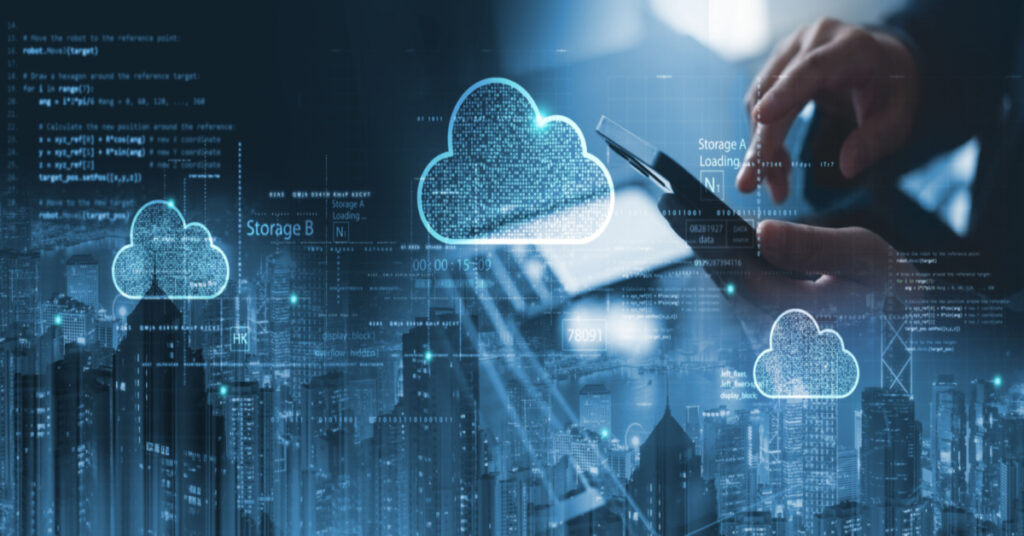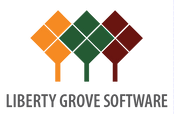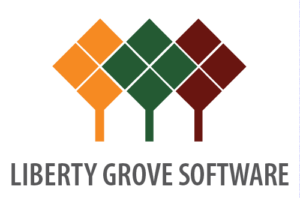7 Advantages of a Food and Beverage Cloud ERP Deployment
"69% of companies have accelerated their Cloud migration over the past 12 months, and the percentage of companies with most or all IT infrastructure in the Cloud is expected to leap from 41% today to 63% in the next 18 months."
Source: Foundry Cloud Computing Study 2022

In recent years, the pace of digital transformation has increased dramatically. That can be attributed mainly to Cloud computing, which first appeared in the early 2000s and, through Cloud ERP Deployment, is still transforming how the Food and Beverage industry works.
Despite the Food and Beverage industry's sluggish adoption of Cloud computing and digitization, we are already witnessing a surge in demand from companies eager to improve their operations and acquire a competitive edge. Productivity, cost, and efficiency benefits are made possible by Cloud computing technologies, often known as remote data centers.
Cloud computing's decentralized nature enables data to be submitted from anywhere, providing business owners with insights into all aspects of their operations. For instance, with a Cloud-based ERP, Food, and Beverage manufacturers can collect data on food crops and perform analysis utilizing Cloud computing infrastructure from the field to warehousing, transportation, and the retailer that sells it to the final customer.
The result is less resource- and cost-intensive than earlier models. Previously, businesses were required to install, maintain, and upgrade hardware and software at significant capital and operational expenditures.
SaaS-Based Cloud ERP Adoption
As the Food and Beverage sector has demonstrated, Cloud technology has completely transformed the business world. The advancement of technology has also compelled IT departments to adjust to the difficulties of putting a new ERP system in place.
In the case of Cloud-based ERP solutions, Software-as-a-Service (SaaS) business models, in which knowledgeable providers charge a monthly subscription per user for software solutions, fuel innovation. Cloud computing provides the foundation, while SaaS delivers the specialized ERP software.
Businesses investing in these solutions can quickly adapt to the evolving surroundings because technology no longer constrains them, and they can change their use as their needs alter.
As a result, the Food and Beverage industry is becoming steadily more computerized, enabling manufacturers to collect, manage, and act upon all data on their products throughout their entire lifecycle and supply chain.
The Value of Cloud-Based ERP
Legacy Food and Beverage operations involved manual processes before Cloud ERP systems were available, which led to human error, ineffective operations, and significant expenses. Companies now have the proper foundation for managing all facets of their operations in one location accessible to all employees thanks to the implementation of Cloud ERP technologies.
Standard ERP software might not manage processes like compliance, product quality, safety precautions, and product shelf life. That's why manufacturers increasingly opt for a powerful Cloud-based ERP system like DynamicsFoodERP from Liberty Grove.
Cloud-based ERP systems are always current because the vendor oversees them, and upgrades happen automatically. As a result, users can stay current without changing the systems as standards and laws in the industry change.
Top 7 Advantages of Cloud ERP for Food and Beverage Companies
The Food and Beverage industry benefits from Cloud ERP in several ways beyond the usual commercial advantages. The following are the most crucial ones to be aware of:
- Quality Assurance and Reliability
It's crucial for food safety businesses, which must adhere to stringent rules and maintain thorough compliance records. These businesses can access compliance data and documents in real time by hosting applications on the Cloud, which gives them immediate access to data updated in the system. The methods to ensure food safety are always current, streamlining maintenance and collaboration.
- Improved Reporting
Making judgments based on current facts is essential in sectors undergoing fast change. Cloud computing solutions' big data, analytics, and reporting capabilities give company decision-makers access to the data they need when needed. Food and Beverage executives can access anything from product inventory to sales data to assist in making decisions about product quality, shelf-life, and stock levels.
- Simplified Inventory Control
Modern processes and shifting customer expectations mean traditional inventory management techniques cannot keep up. Cloud ERP systems can avoid food wastage and other expenditures caused by on-premise ERP systems' lack of real-time data and frequent upgrades. Systems designed specifically for the demands and objectives of the organization are adaptable and customizable.
- Business Agility
Cloud computing and SaaS offerings are quickly and easily adapted compared to traditional on-site solutions. Consequently, firms can adjust their computing needs up or down as needed, gaining access to greater processing power towards the end of the month and decreasing it during slower weeks.
Cloud infrastructures make it simple to serve one or more sites because they are accessible from any place where a company's users have a suitable device and an internet connection.
- Cost Advantages
Businesses using Cloud computing can cut costs thanks to the reduced need for the IT software and resources required to administer and maintain the solution. That means companies can redirect capital expenditures to other value-adding tasks.
As more enterprises embrace SaaS, the variety of available apps offered as a service is vaster. These are adaptable and simple to include in current systems. Because a skilled SaaS provider maintains all aspects of the product, including access, backups, upgrades, and patching, there will be less complexity in business IT systems, cheaper personnel overheads, and security advantages.
- Complete Traceability
Thanks to food traceability, you can track product flow through every stage of the supply chain production process. Finding any sources of contamination introduced during production is simple because of the complete traceability Cloud ERP solutions offer.
Additionally, consumers are becoming increasingly interested in the origins and processes of the goods they purchase. They want to know that manufacturers follow animal safety regulations and practice ethical sourcing.
- A Simple User Interface
Early-generation ERP systems are complicated and challenging to operate. A new Cloud-based system may need some initial training, but most ERP systems are simple, increasing the likelihood that staff members will use it correctly and adhere to policy.
Businesses can scale their use of the Cloud up or down as their user base increases or decreases, thanks to its benefits for economies of scale. For instance, opening new branches entails the addition of new users rather than a complete rollout of new infrastructure.
The net takeaway is that a Cloud-based ERP frees Food and Beverage companies to concentrate on their core activities and potential growth areas while outsourcing the IT infrastructure to a professional.
Is it Time to Take Your ERP to the Cloud?
Liberty Grove can help you use many tools and services to help you achieve a successful Food and Beverage Cloud ERP deployment that will improve your organization's productivity, efficiency, and profitability.
Contact Liberty Grove for a complimentary consultation on how DynamicsFoodERP can help you through a smooth Cloud ERP deployment and give you the data insights you need to improve productivity, giving you a competitive advantage.
Related reading:
Is Your Food ERP Delivering a Solid ROI? (libertygrove.com)
Best 10 Reasons to Move Your On-Premises ERP to the Cloud - Liberty Grove Software
The Future of Cloud ERP for Manufacturing Companies (libertygrove.com)
About the author
Liberty Grove Software is an established Microsoft Partner that focuses on providing customers with sales, service, and support for Microsoft Dynamics 365 Business Central/NAV solutions and training and upgrades.
Over more than 25 years, Liberty Grove has assisted hundreds of customers with businesses ranging from small to mid-sized to Microsoft Partners in implementing, training, customization, and upgrading Microsoft Dynamics ERP solutions.
The organization is one of only a few companies worldwide that Microsoft recognizes as qualified to provide Business Central/NAV Upgrade Service Centers.

